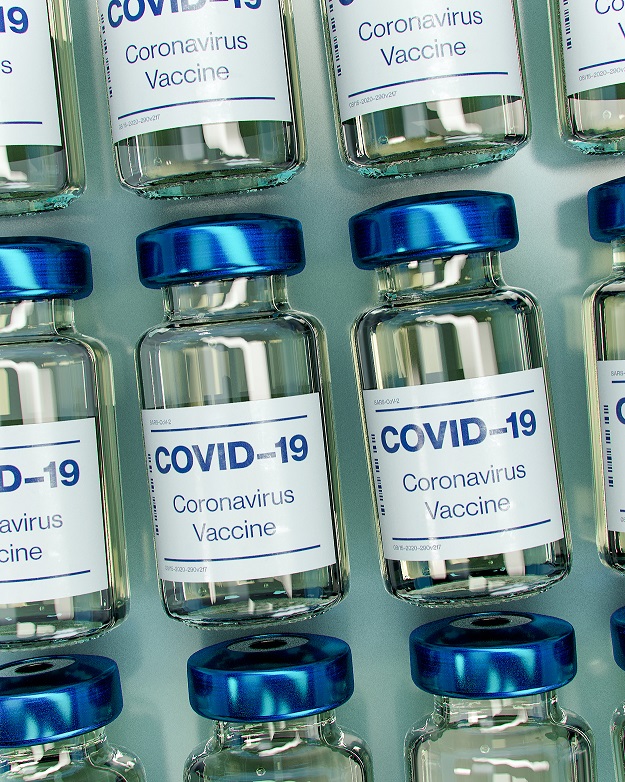Supreme Court allows healthcare worker vaccine mandate to continue

January 13, 2022
The Supreme Court ruled Thursday that the federal government’s COVID-19 vaccine mandate for healthcare workers can continue while appeals are pending at lower courts.
Conservatives Chief Justice John Roberts and Justice Brett Kavanaugh joined three liberal —Justices Stephen Breyer, Elena Kagan and Sonia Sotomayor—in a 5-4 ruling that the Centers for Medicare and Medicaid Services vaccine requirement for healthcare workers could resume.
“The challenges posed by a global pandemic do not allow a federal agency to exercise power that Congress has not conferred upon it. At the same time, such unprecedented circumstances provide no grounds for limiting the exercise of authorities the agency has long been recognized to have,” the majority opinion says.
Justices Samuel Alito, Amy Coney Barrett, Neil Gorsuch and Clarence Thomas dissented.
“These cases are not about the efficacy or importance of COVID–19 vaccines. They are only about whether CMS has the statutory authority to force healthcare workers, by coercing their employers, to undergo a medical procedure they do not want and cannot undo,” Thomas wrote in a dissent. “Because the government has not made a strong showing that Congress gave CMS that broad authority, I would deny the stays pending appeal.”
Alito wrote his own addendum, arguing the government needs to show stronger proof of its authority. Furthermore, Alito objects to CMS issuing the vaccine mandate as an interim final rule, which didn’t give the public that opportunity to comment on the regulation.
“Today’s decision will ripple through administrative agencies’ future decision making. The executive branch already touches nearly every aspect of Americans’ lives. In concluding that CMS had good cause to avoid notice-and-comment rulemaking, the court shifts the presumption against compliance with procedural strictures from the unelected agency to the people they regulate,” Alito wrote.
Employees at Medicare- and Medicaid-certified healthcare facilities now must get their first vaccine doses by Jan. 27, and be fully vaccinated or have received exemptions by Feb. 28, according to CMS guidance published Dec. 28 in anticipation of a ruling. The issue could return to the Supreme Court as the federal government continues to fight lower court rulings against it.
Justices seemed inclined to let the healthcare employer mandate stand during during oral arguments Friday. Some took issue with the challenging states’ argument that CMS can’t require vaccines and questioned how this policy is different from other CMS regulations.
“The one thing you can’t do is to kill your patients,” Kagan said Friday. “That seems like a pretty basic infection prevention measure.”
The American Hospital Association has urged all healthcare workers to get vaccinated and supports requirements for hospital employees, but also understands that a national mandate could create additional workforce issues for an already-stressed healthcare system, President and CEO Rick Pollack said in a news release. The AHA will help members comply while keeping workforce numbers up, he said.
The federal government should to provide resources to sustain healthcare employment as the pandemic continues, Pollack said. “Without further support, hospitals and health systems will continue to struggle to maintain the workforce necessary to battle the virus while also maintaining the essential health services that patients and communities depend on each day,” he said.
In a separate 6-3 ruling, the Supreme Court refused to stay lower court decisions halting an Occupational Safety and Health Administration regulation requiring vaccinations or regular testing of workers at business with at least 100 employees.
This story has been updated with information and quotations about the ruling.
